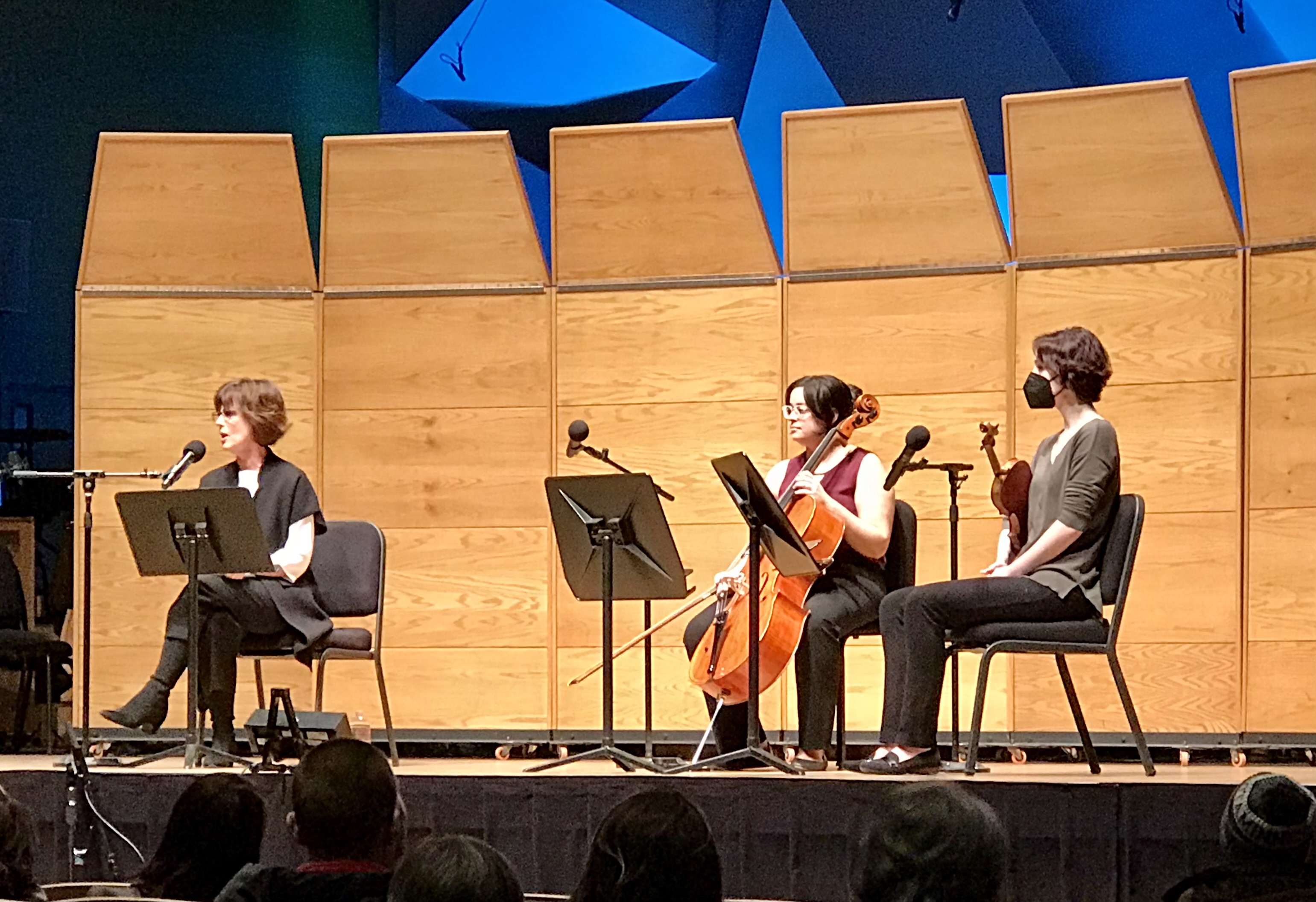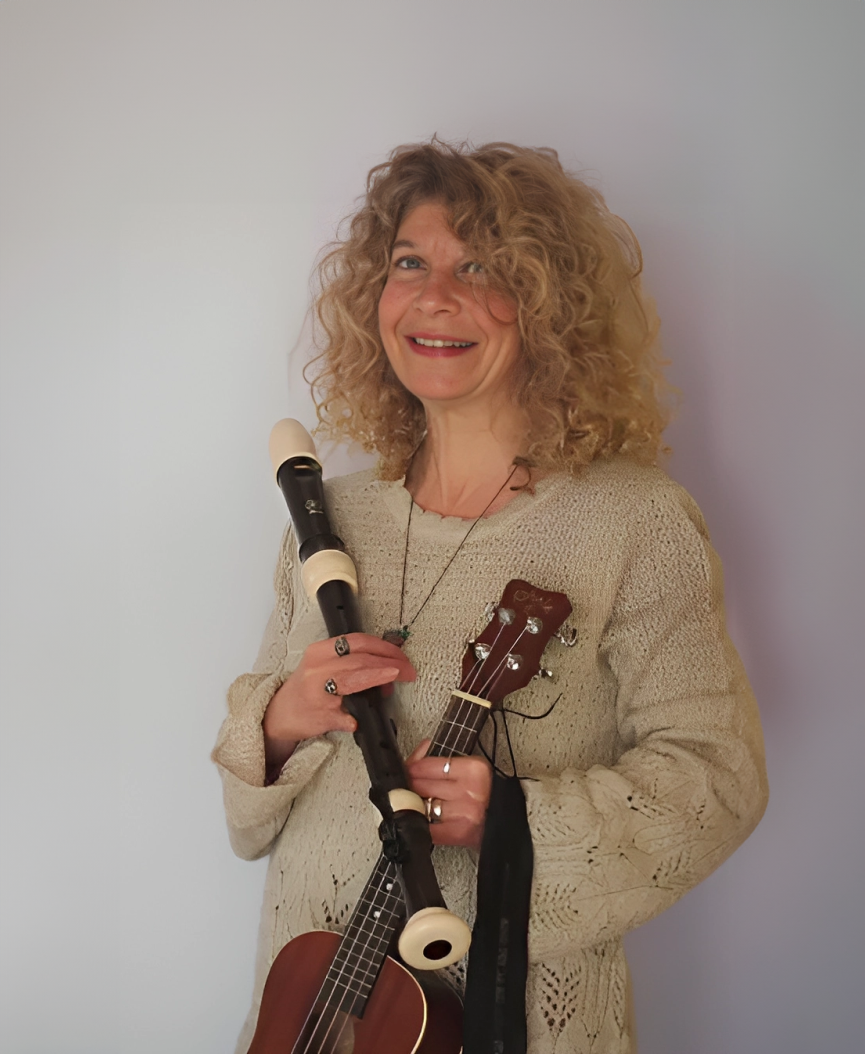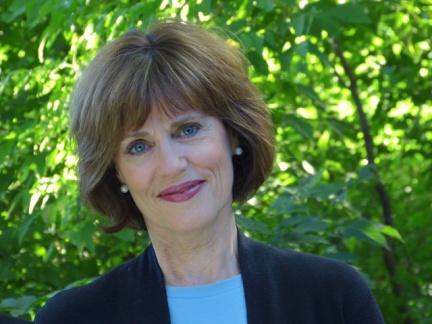Building Tomorrow's Health Care Experience
Meet a Few of the Bakken Center's New Health Coaching Students
January 2, 2024
Aegor Ray
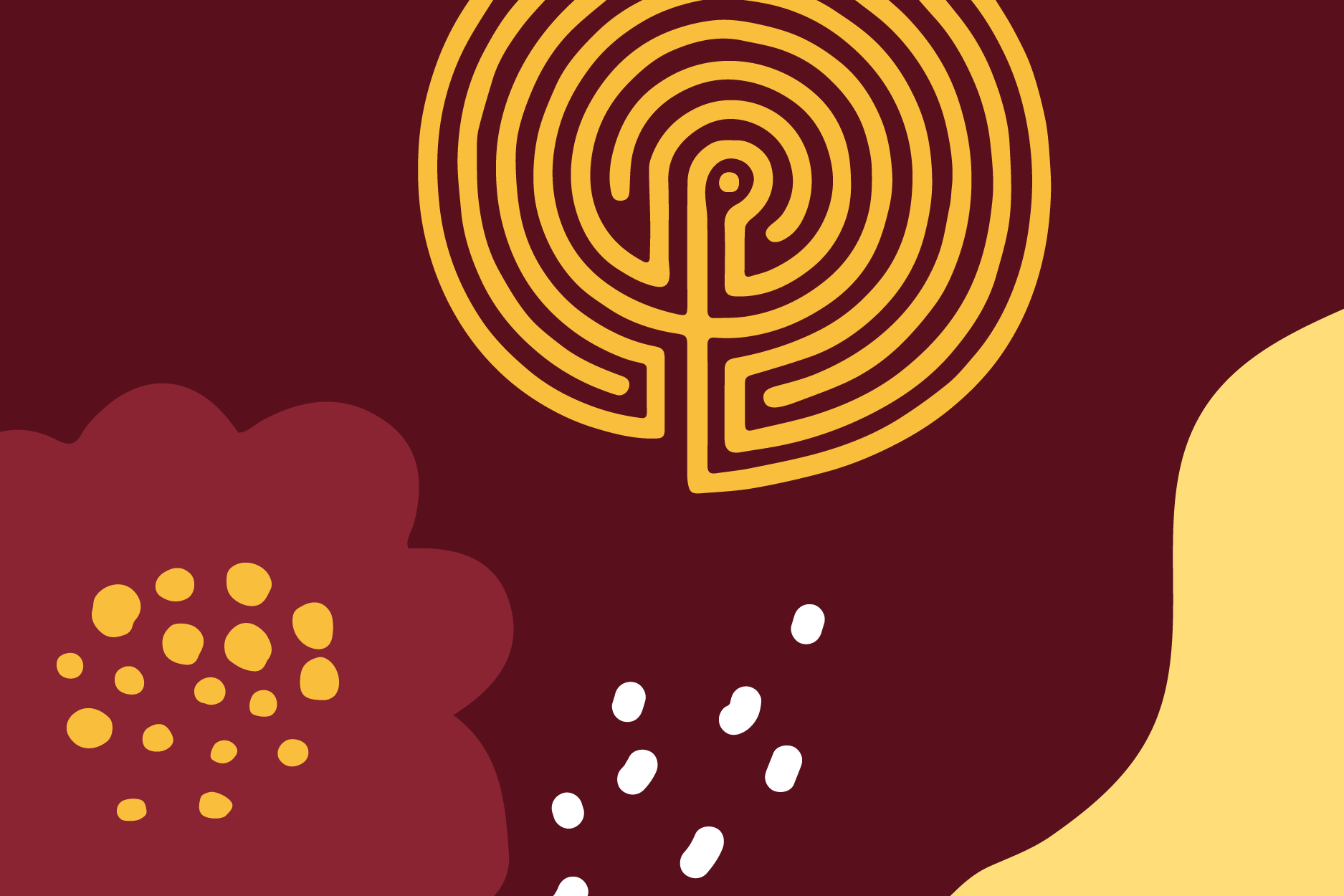
Imagine a healthcare system that was predicated on the inherent wholeness of its patients and clients. What skills and values would be upheld in this system? How would relationships between practitioners and patients be structured? What would it mean for providers to be leaders within the context of a whole-person healthcare system?
The Earl E. Bakken Center for Spirituality & Healing seeks to not only imagine such a transformative vision of healthcare, but to test its premises, reshaping the fabric of care work through imbuing students with progressive evidence-based practices. In this way, the Center’s Integrative Health & Wellbeing Coaching Program works to change the relational field of patient care. This Masters program grew out of the nation’s first Certificate in Integrative Therapies and Healing Practices with an emphasis in health coaching.
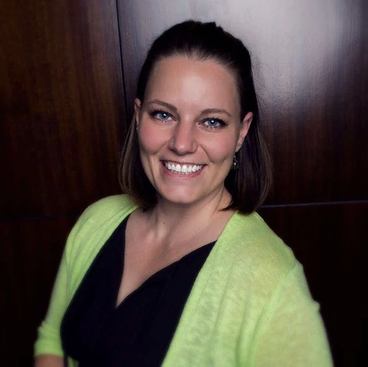
Health coaching is premised on the idea that personal health transformation is possible by moving people towards behavioral change without attempting to hold all the answers for them. Dr. Cherie Kroh, the Director of the Center’s Integrative Health & Wellbeing Coaching Program, spoke to the specific ways that this program is unique, visionary, and deeply necessary. “Coaching is focused on forward movement, not rewriting the past,” she says, “but we can only do that with the whole person in mind.” Her recent work for the program has been to completely rewrite the curriculum, centering the following key themes which include diversity, equity, inclusion, and belonging, central humility, and trauma-informed coaching and mental health.
Additionally, Dr. Kroh’s retooling of the program coincides with a recent announcement by Medicaid and Medicare to introduce reimbursement codes for health coaching, allowing patient insurance to cover this service. This change is set to be in effect by 2024 and will both expand access to health coaching for patients, and increase potential job opportunities for students. Dr. Kroh is passionate about the capacity for health coaching to be offered as a systemically transformative program, rather than as a discipline siloed within privileged communities.
Health Coaches are changemakers in integrative health and healing, and in this feature, you’ll meet a few of the Center’s newest students.
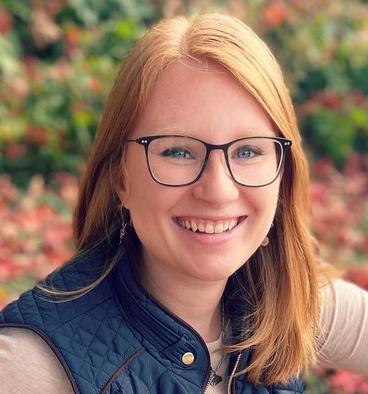
Rebecca Sandness was specifically drawn to the program because she believes that a person’s health is affected by numerous factors in their life – factors that must be understood together, integratively, rather than singularly.
“This program teaches students not only about coaching, but also valuable life skills by utilizing empathy, asking powerful questions and walking with someone through their struggles,” she says. The focus on developing strong relational skills is balanced by a high level of academic rigor. A goal of Sandness’s is to become a National Board Certified Health & Wellness Coach (NBC-HWC), and she reflects that she was drawn to the program because its curriculum is structured for students to be able to take the boards at the end. For students in the Health Coaching Program, professional success is not seen as at odds with developing holistic interpersonal skills; rather, these aspects are necessarily intertwined and can strengthen each other. Sandness also shared that a unique aspect of the program is that students have the opportunity to coach one another and thereby learn through developing a network of practice and trust. The experience allowed Sandness to gain confidence in her coaching skills in a safe environment, with other students who were equally committed to the values that drew her to the program: empathy, care, and evidence-based practice.
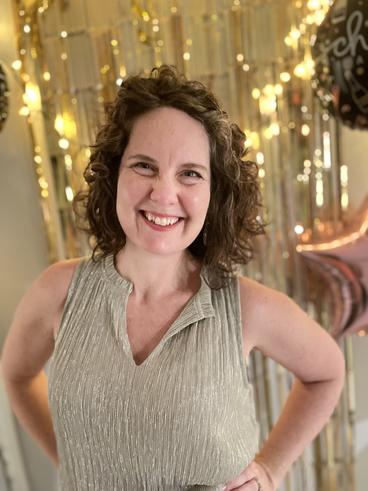
Kerry Apple, a nurse, was able to gain skills in health coaching through the accelerated certificate program. Apple remarked that she was drawn to the flexibility of the program and the high quality of education and care that she’s come to associate with the Bakken Center. In Apple’s own nursing practice, she provides care for other workers in the healthcare field. Once certified in health coaching, she seeks to support other healthcare workers with the skills and training that she’s gained.
“Nurses are good at telling people what to do,” began Apple, “but in health coaching, we ask open-ended questions and get to the focus that’s actually of interest to the client.” Apple named that, structurally, a coaching session looks very different than a nursing session. In a coaching session, the client is the driver, and the role of the coach is to offer guidance, not answers.
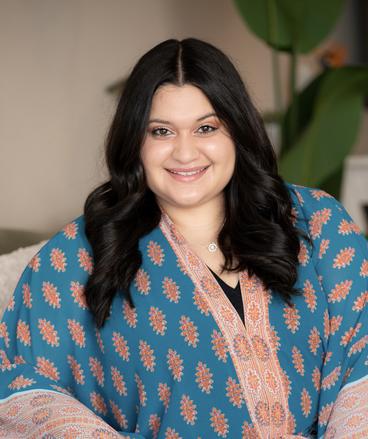
Yanessa Zelaya felt supported by the interactive and flexible framework of the health coaching program. Zelaya noted that the remote aspects of the program were balanced by a warm and interactive in-person environment: “We would sit in a circle in a meditation room for our in-person classes. We would also record our coaching sessions and get to watch ourselves. I’m a visual learner, so I really appreciated that.”
Zelaya also felt encouraged by the Bakken Center’s mindfulness towards diversity, equity, and inclusion. She saw the emphasis on these values in her own application and interview process. Because the University of Minnesota is the first institution to offer a graduate program in health coaching, it is setting a precedent for the field as a whole by centering the health equity of historically underserved populations.
Dr. Kroh’s vision of a field of patient care that holds a whole person perspective is bolstered by her emphasis on leadership for students in the health coaching program. She has integrated management and leadership courses into the health coaching curriculum to support and inspire students to be assertive forces of change in their future careers. The healthcare system is in need of an overhaul, and students at the Bakken Center’s Integrative Health and Wellbeing Coaching Program are committed to rebuilding the system brick by brick.
Envisioning a healthcare system rooted in the wholeness of individuals, the Bakken Center actively transforms this vision into reality. We invite you to join us in shaping the future of care by considering a donation to support financial scholarships for aspiring health coaches. To learn more, contact Virginia Kaczmarek at [email protected] or make a contribution to the A. Marilyn Sime Scholarship Fund.
